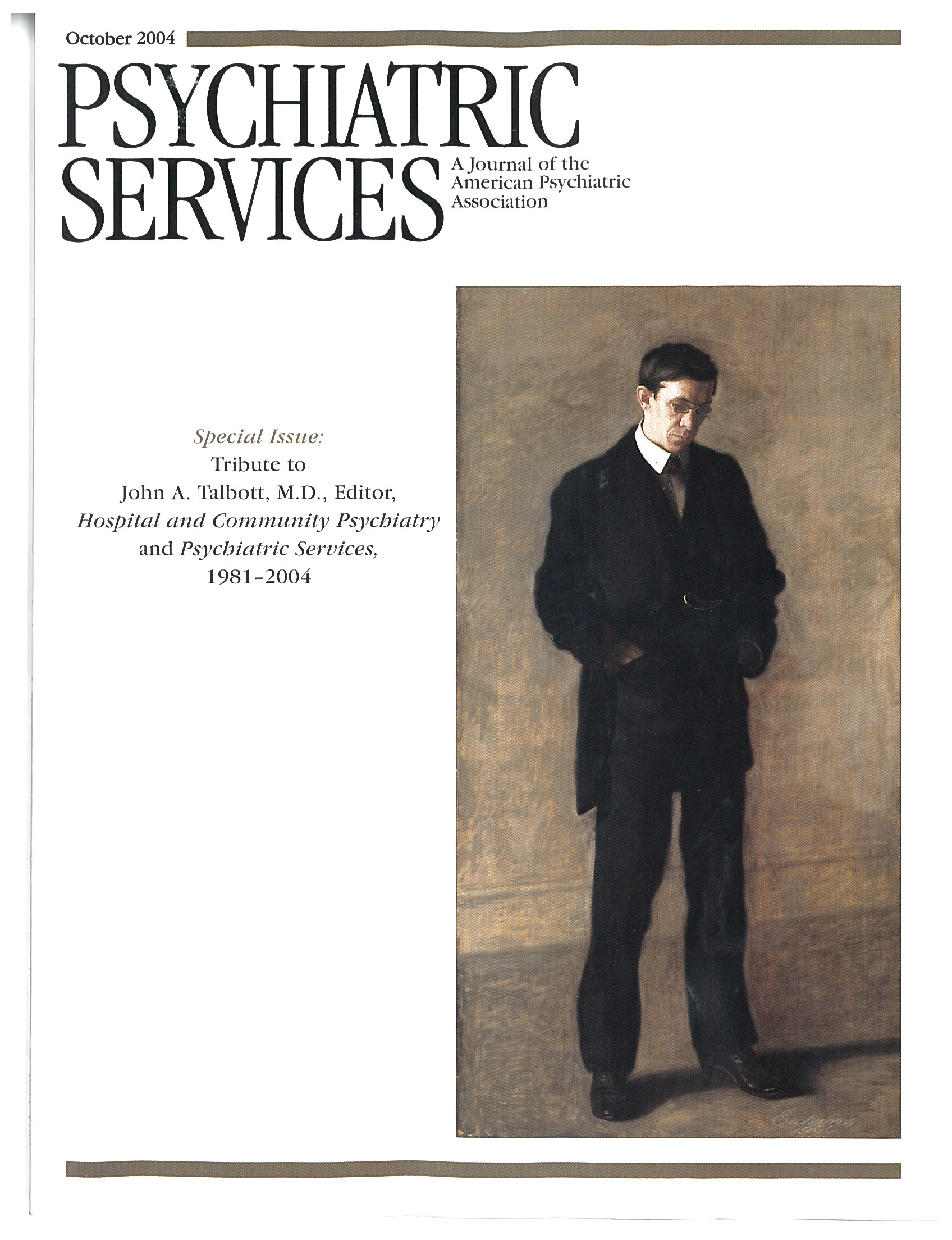To the Editor:Me voici! John Talbott would understand why he comes to mind as I sit in this miniscule theater located on the Quai d'Anjou, practically in the middle of the Île St. Louis. From time to time, I find myself in these Paris theaters, where creative minds address their work to audiences never numbering more than 50 people or so. And yet, these experiences can be marker events along the way. One memorable excursion took me to a novel production of Samuel Beckett's No Exit. It left me contemplating what it must be like to be imprisoned by chronic psychosis, which I know is also an intellectual preoccupation of John Talbott's.
This is a hot August evening at the Paul Rey Theatre, and there is no air-conditioning, despite the building's distinguished name. A standing fan is running, but it is noisy. So when the diminutive old man asks audience members whether they want the fan to stay on during the performance, several women request that it be shut off so that it won't interfere with the production. As a result, perspiring arms touch, as the seats are placed close together, making the neighborliness unavoidable. I think the women are pompous and showing off. But I hold my tongue and settle in.
The production centers on a singer, accompanied by one musician. The contralto uses her earthy, husky tone to take us on a voyage through sacred songs dating from the second to the 13th centuries. She goes from Jerusalem to Cordova, covering material derived from the three Abrahamic traditions. It is a reminder of a time when tolerance reigned. The production could be a tribute to John Talbott, a scholar concerned as much with the value of ideas as with the "fondement même de l'humanité."
Dr. Griffith is professor of psychiatry at Yale University School of Medicine in New Haven.



